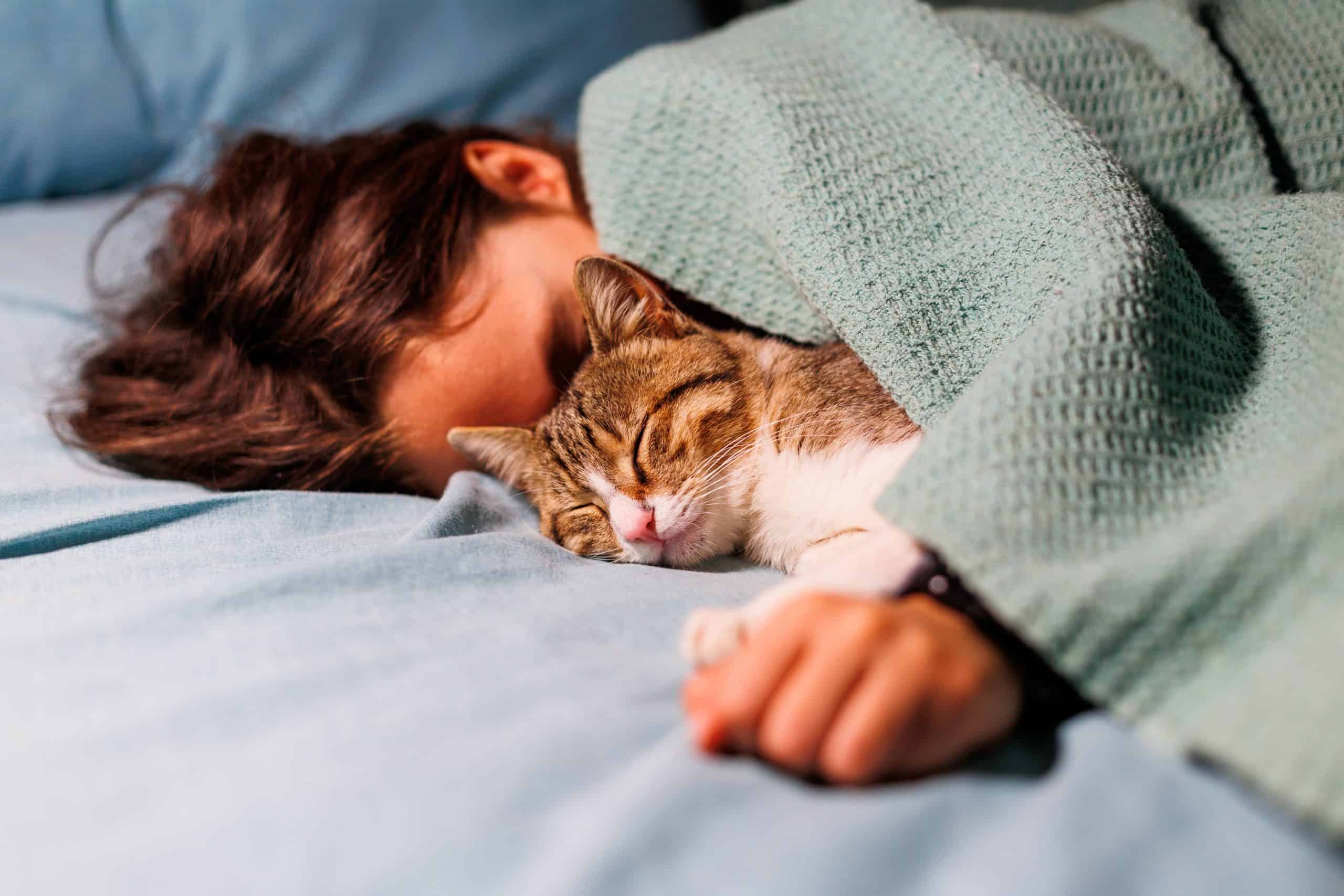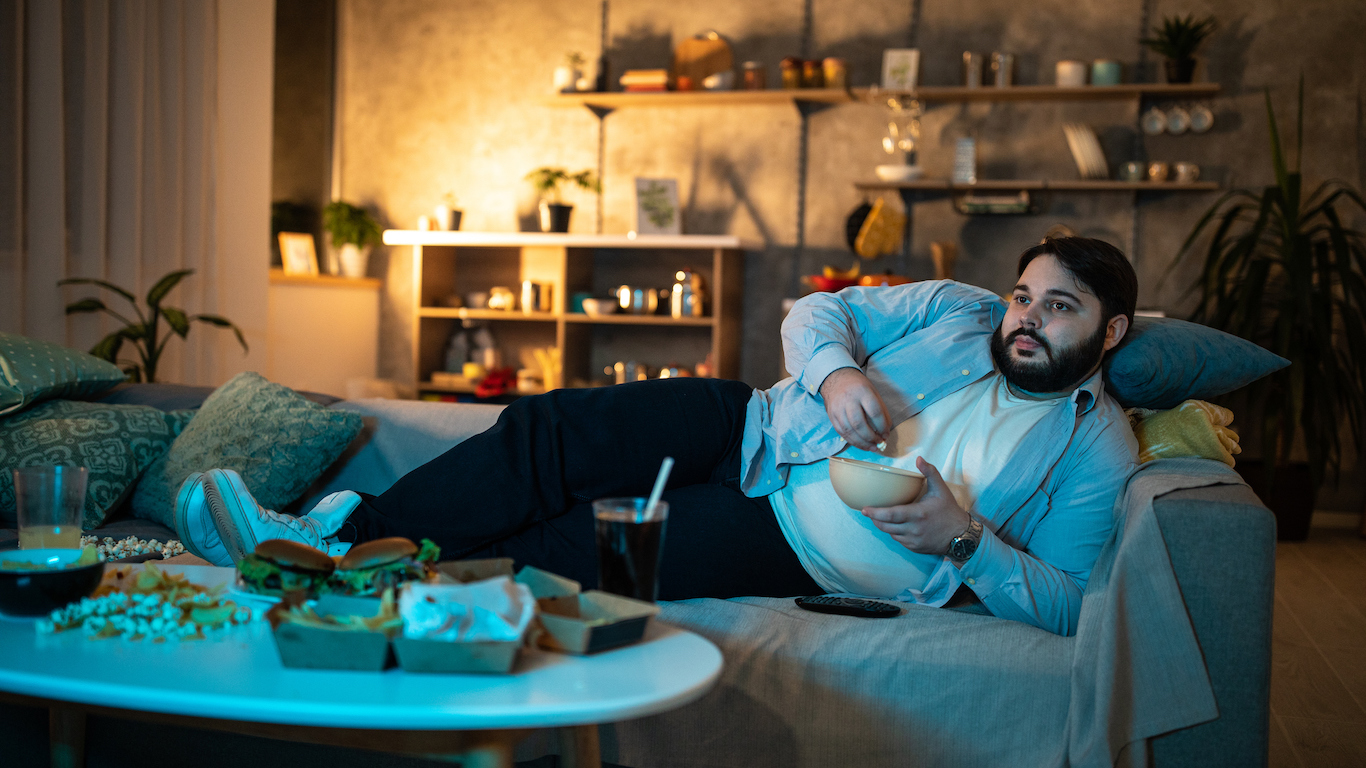Sleep is a fundamental part of living. It acts as a pressure valve, repairing and restoring your brain each night so you can take on the next day. Since the invention of electricity, however, sleep has become increasingly disrupted. While for millennia, people woke with the rising sun and fell asleep when it set, lighting and electricity established their footholds, preventing proper circadian rhythms and increasing the waking world later and later into the night. For centuries now, people have struggled to fall asleep often due to technology, medical conditions, or irregular habits that are emblematic of living in the modern world. While there are untold causes for insomnia, there are also some specific reasons you can’t sleep at night.
Beyond the confines of this list, many factors play into lack of sleep or insomnia. Due to hormone cycles and disruptions, women are the most likely to suffer from insomnia-related issues. Plus, the older you get, the harder it is to fall asleep, with people over the age of 60 often suffering from sleep problems. Whatever your demographic, it’s important to figure out just what may be causing your sleep issues. In this article, we will explore 16 reasons why you can’t sleep at night. Some of them may surprise you. (For other sleeping strategies, discover 22 things to never do before going to bed.)
To compile a list of 16 reasons you can’t sleep at night, 24/7 Tempo consulted a range of medical, sleep, and lifestyle publications including Scientific American and SleepDoctor.com. Next, we picked reasons you can’t sleep at night that are widely agreed upon and with scientific information to back up those claims. After that, we confirmed aspects of each reason using medical publications like the Mayo Clinic, John Hopkins Medicine, and Health.Harvard.Edu.
Medical Conditions
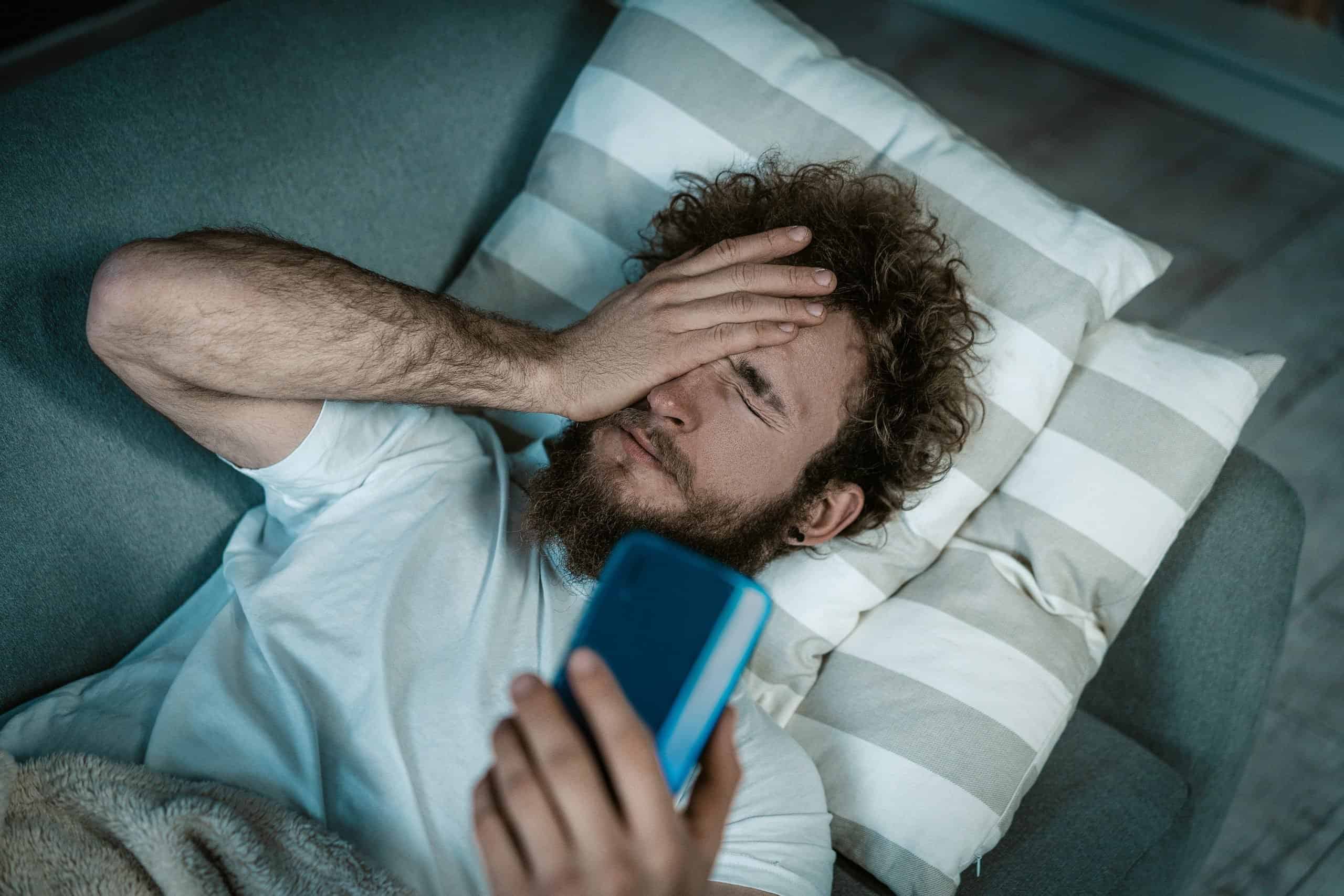
One of the reasons you can’t sleep at night is medical conditions. While medical conditions run the gamut, certain conditions can spell bad nights of sleep. Numerous conditions are linked to insomnia. These include cancer, diabetes, heart disease, Parkinson’s disease, and Alzheimer’s disease. It’s not just serious medical conditions that affect your sleep either. More mild conditions like asthma and gastroesophageal reflux disease can keep you from getting a full night’s rest.
Mental Health Disorders
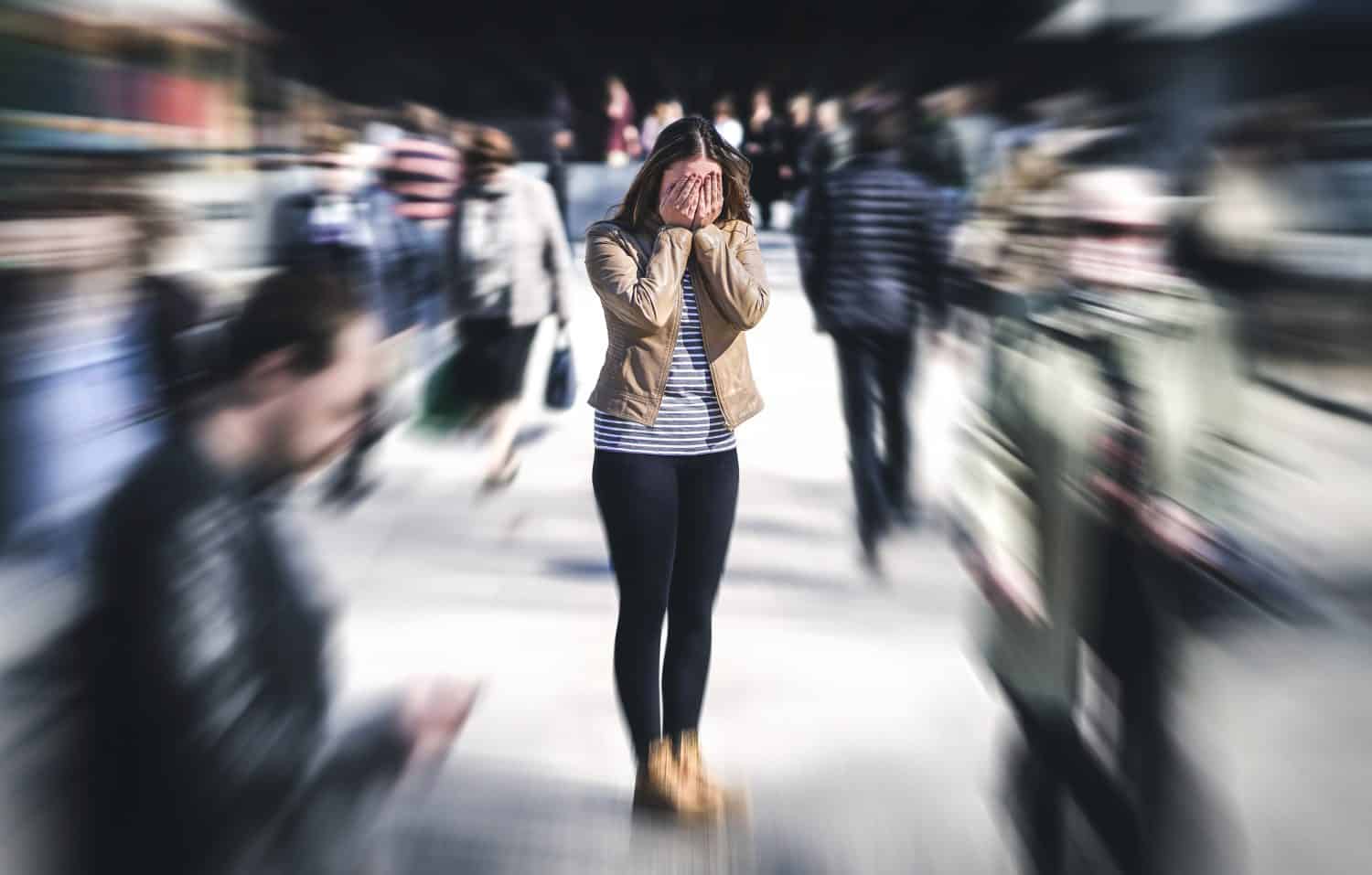
Another one of the reasons you can’t sleep at night is mental health disorders. Various mental health ailments can affect the duration and quality of your sleep. Conditions like anxiety or post-traumatic stress disorder have been linked with insomnia. Furthermore, waking up too early regularly can be a symptom of depression.
Medicines

Another one of the reasons you can’t sleep at night may come down to the medicines you take. Plus, it doesn’t matter if they are prescribed or bought over the counter. While prescription drugs like antidepressants and blood pressure medication can cause insomnia, so can more holistic remedies. Everything from over-the-counter pain medications to allergy and cold medicines may result in poor sleep or the inability to fall asleep easily.
Disordered Sleeping

Sleep-disorder syndromes are sometimes another of the reasons you can’t sleep at night. While sleep apnea doesn’t prevent you from falling asleep, the intermittent breathing during the night that results from apnea will leave you feeling weak and unrested. Furthermore, conditions like restless leg syndrome can prevent good sleep, due to the urge to constantly readjust your legs. This may prevent falling asleep quickly or falling back asleep easily after waking up in the middle of the night.
If you have gone through the checklist and failed to find the root cause of your bad sleep, disordered sleeping might be the cause. There are over 60 different types of sleep disorders, all of which will dramatically affect your sleep habits.
Dietary Choices

The food you eat plays a crucial role in your body’s ability to fall asleep, stay asleep, and wake up feeling restful. Furthermore, the choices you make for the food you eat, and how you eat, can drastically affect sleep. Both spicy foods and processed fiber-bereft foods can cause bad sleep.
Plus, eating too quickly or stuffing your face during a single meal can result in bad sleep. This is because a diet lacking in necessary vitamins and nutrients disrupts the body’s hormone production for the sleep-wake cycle. Diets low in calcium, magnesium, and Vitamin D will often lead to shorter sleep cycles.
Eating too late

Close up image of a young woman, having a midnight snack and a glass of water, standing in front of the refrigerator.
Food and the way you eat it play a big part in your body’s ability to produce a productive sleep cycle. While having a small snack before bed is okay, large meals right before bedtime put your digestive system into action. Not only can this make you feel uncomfortable upon lying down, it can cause heartburn. Due to stomach acid backing up into the esophagus, people feel heartburn, which will keep them awake and uncomfortable.
Coffee, Cigarettes, and Drinking

Another one of the reasons you can’t sleep at night involves the use of coffee, cigarettes, or alcohol. Any drink that contains caffeine, like coffee, tea, or soda later than the afternoon will probably make you unable to fall asleep normally.
Nicotine, as found in cigarettes or gum can also induce a stimulant-like effect preventing you from sleeping. While many use alcohol to fall asleep easier it is a depressant chemical. This means it will prevent your body from reaching deeper sleep states and may result in waking up in the middle of the night.
(For other dangerous habits, discover habits that seem normal but may be masking a serious health problem.)
Stress

Another one of the reasons you can’t sleep at night is stress. Perhaps the most potent sleep preventer on this list, stress can affect everything from sleep to health to the look of your face. When concerned with life circumstances like work, school, or relationships, your brain stays in active mode even late into the evening.
Furthermore, extreme stress or grief over the loss of a loved one or the hardship of a divorce may lead to longer-term insomnia. That’s because the body responds to stress by releasing chemicals that increase alertness, elevate heart rates, and increase muscle tension. While these are necessary body responses for dealing with stressful situations, it is not ideal for getting a good night’s rest.
Traveling (Jet Lag)

Ironically, traveling for your vacation can become another reason you can’t sleep at night. When venturing to a far-flung locale, your body can’t keep up with the drastically shifting time zones.
Often called jet lag, this state occurs when your circadian rhythm and sleep cycle don’t match up with the time zone. As your body attempts to adjust to a new time zone, jet lag will prevent you from falling asleep easily. Furthermore, it results in trouble waking as well as feeling tired and groggy throughout the day.
Work Schedules

Another one of the reasons you can’t fall asleep at night may come down to your work schedule. If you work in a high-stress, long-hours type job, your sleep will no doubt suffer. Furthermore, any type of night or graveyard-type shift work will lead to sleep trouble. That’s because it goes against our bodies’ natural circadian rhythms which align themselves with the passing of day into night.
Working a night shift forces you to switch your sleep rhythm completely, often waking up in the night and falling asleep during the day. Research has shown that consistent late-night work schedules result in a condition very similar to jet lag.
Late-night Screen Viewing

Another one of the reasons you can’t sleep at night may result from late-night screen viewing. Compared to other entries on this list, this problem may be hard to beat as screens occupy so much of the modern way of living. When you get in bed and stare at your phone before attempting to sleep, the bright light emanating from the phone’s screen can trick your body into thinking it’s daytime.
That’s why it’s best to avoid screens for up to 30 minutes before bedtime so your body can properly adjust to the night and the subsequent sleeping. This, however, is easier said than done.
Mid-Day Napping
Another one of the reasons you can’t sleep at night may come down to your penchant for napping. If you regularly take naps in the middle of the day, your body gets some of the rest it needs but not enough to equal a full night’s sleep. Plus, when you attempt to fall asleep at night, it will be even harder.
Napping is one of many sleeping habits that can negatively affect your sleep. Other things like falling asleep at irregular times, constantly changing the clothes you wear to bed, and setting your alarm for different wake-up times can all keep you from sleeping well and through the night.
Room Temperature
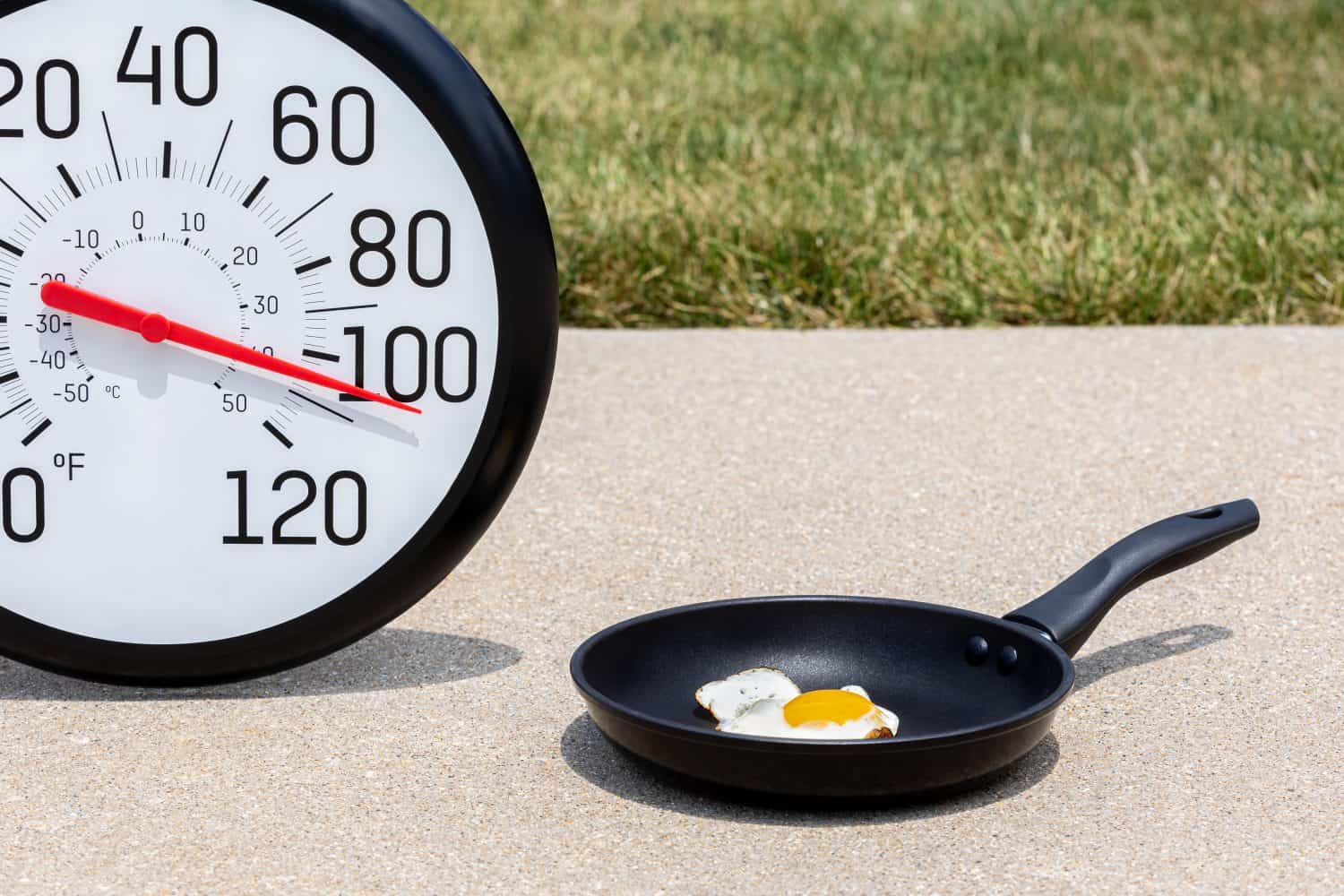
Another one of the reasons you can’t sleep at night may be due to the temperature of the room you sleep in. While it feels great to be snuggled up in bed under a mountain of sheets, comforters, and pillows, these extravagances can negatively affect your sleep and prevent you from lapsing into the dream world as easily. That’s because our body’s temperature plays a huge role in how we sleep.
If your bedroom is too hot or cold, it will affect your sleep. While the body drops its temperature upon falling asleep, it begins to raise it in the middle of the night, causing many people to wake up once or twice. The ideal temperature for falling asleep and staying asleep throughout the night hovers between 65 and 68 degrees Fahrenheit.
Hot Showers
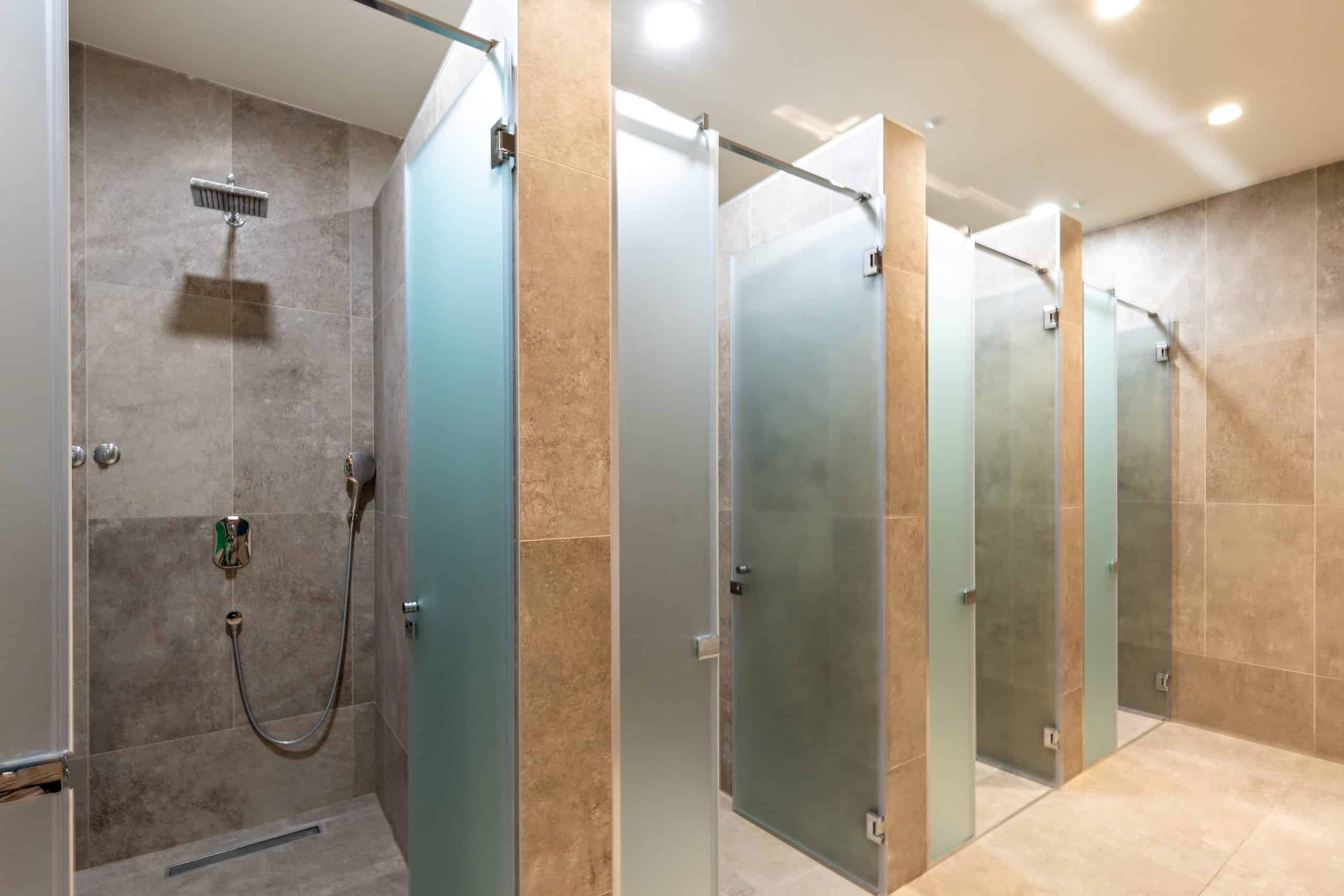
Another one of the reasons you can’t sleep at night may come down to that hot shower you took right before bedtime. While folk remedies have long-prescribed hot baths or showers to help fall asleep, science suggests these methods may have the opposite effect.
Upon taking a hot shower, your body’s core temperature rises significantly. Since the body naturally drops core temperature during sleep, entering the sleep cycle with a higher-than-average temperature will prevent the body from inducing the mechanisms for sleep. Furthermore, exercising at night and then taking a shower will make your body’s ability to fall asleep even more ineffective.
Sleeping with Pets
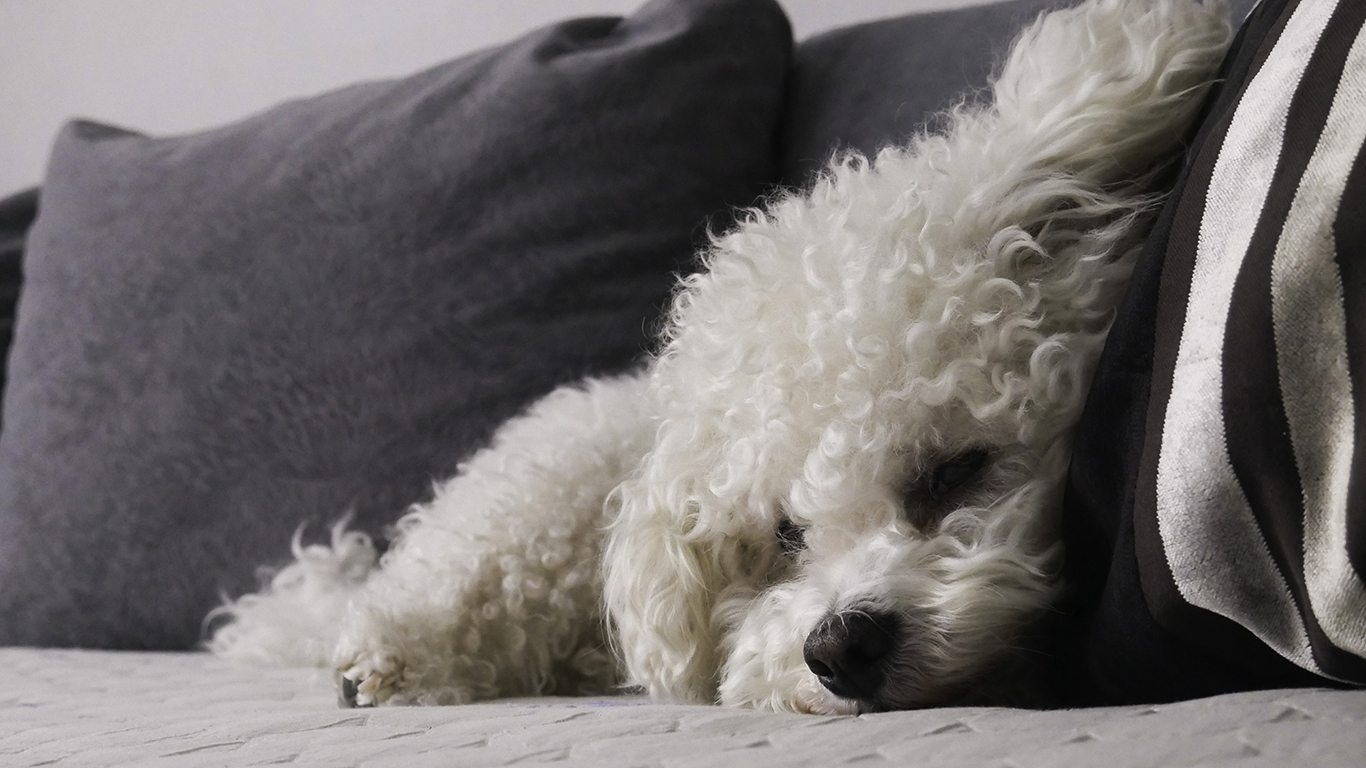
Sleepy Bichon Frise Dog leaning against the pillow
Pets play a critical role in our lives and act as companions day in and day out. They may, however, be one of the reasons you can’t sleep at night. Sharing a bed with any other person or pet may disrupt your normal sleeping patterns. Furthermore, pets like dogs can often track allergens into the bedroom, which may further disrupt your sleep.
If you have allergies or some kind of sleep disorder but can’t bear to sleep without your pets, it’s suggested you either crate them in the room or at least keep them off the covers.
Inactivity
Another one of the reasons you can’t sleep at night may come down to inactivity. While the relationship between physical inactivity and sleep is complex, there are signs that an inactive lifestyle plays a role in bad sleep. If you sit in front of a computer all day for work and then transition to the television for your free time, chances are you’ll get worse sleep than someone who endured some physical activity during the day. Furthermore, inactivity can create a negative feedback loop where the bad sleep it causes results in a fatigued feeling during the day that disincentives you from physical activity because you feel so tired. (For problems that spring from too much activity, discover 10 signs you may be overtraining and pushing your body too far.)
